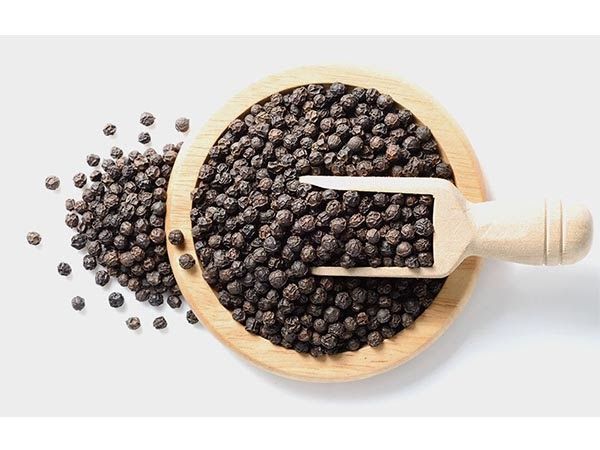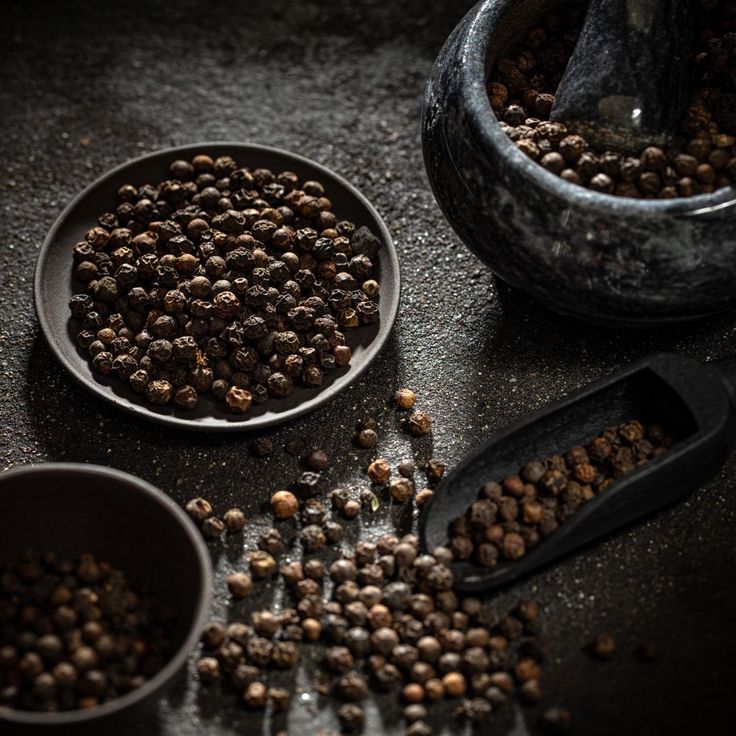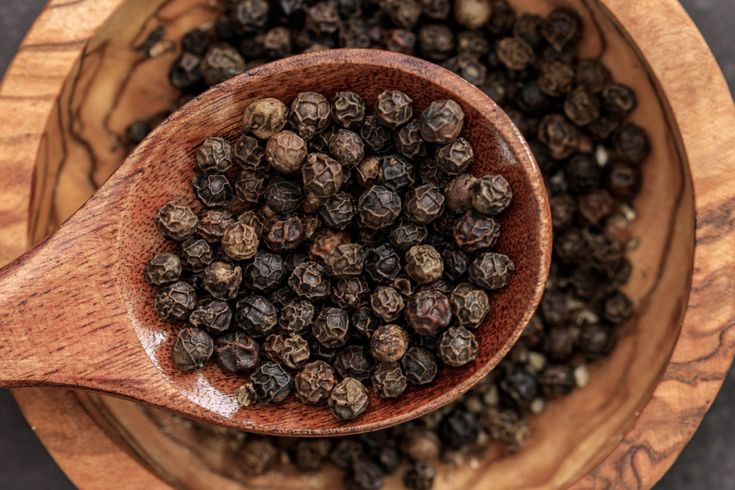As global consumers shift toward healthier, more sustainable choices, Organic Black Pepper has emerged as a premium spice commanding both attention and value. Grown without synthetic chemicals and certified through rigorous international standards, organic black pepper is not just a kitchen staple—it’s a symbol of quality, sustainability, and health-conscious living.
What Is Organic Black Pepper?
Organic black pepper refers to peppercorns grown without synthetic pesticides, herbicides, or genetically modified organisms (GMOs). Instead, organic farming techniques focus on natural composting, crop rotation, and biological pest control. This process not only protects the environment and farmers’ health but also enhances the natural flavor and oil content of the peppercorns, resulting in a richer, more aromatic product.

Key Organic Certification Standards
To be recognized as organic on global markets, black pepper must meet strict certification standards. These include:
- USDA Organic (USA): Requires compliance with the National Organic Program (NOP) including soil quality, pest management, and traceability.
- EU Organic (Europe): Focuses on biodiversity, ecological balance, and restriction of synthetic inputs.
- JAS (Japan): Regulates inputs, soil fertility management, and post-harvest handling.
- Vietnamese Organic Standards (TCVN): Aligns with international norms while supporting local farming practices.
Market Value and Demand

The global market for organic spices is projected to grow at a CAGR of over 7% through 2030, with organic black pepper being one of the most sought-after varieties. Key markets like the United States, Germany, Japan, and South Korea are driving demand due to increased awareness of food safety and wellness.
Organic black pepper typically commands a 20–50% price premium over conventional varieties. This is attributed to higher production costs, lower yield per hectare, and the labor-intensive nature of organic certification. However, the return on investment is substantial, both financially and reputationally, for producers who can meet the standards.
Vietnam’s Role in the Organic Black Pepper Industry
Vietnam is the world’s largest exporter of black pepper, and with increasing adoption of organic farming techniques, it is poised to dominate the organic segment as well. Companies like Nam Son Group are at the forefront of this transition, working closely with farmers to adopt eco-friendly practices, invest in post-harvest processing, and obtain international certifications.
Conclusion

Organic black pepper is more than just a spice—it’s a high-value agricultural product that reflects the future of sustainable farming. Through adherence to global standards and investment in organic cultivation, producers are helping Vietnamese black pepper reach new heights in quality, value, and international recognition.
For buyers seeking authenticity, flavor, and sustainability, organic black pepper from Vietnam is a smart and responsible choice.
